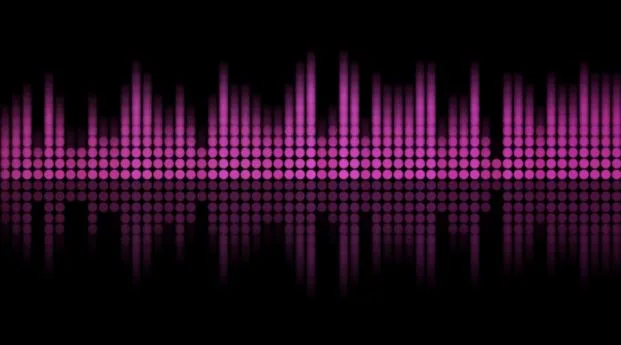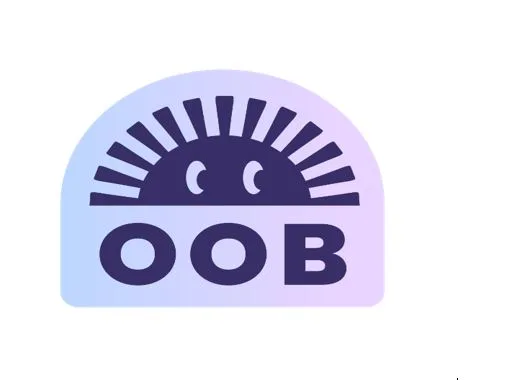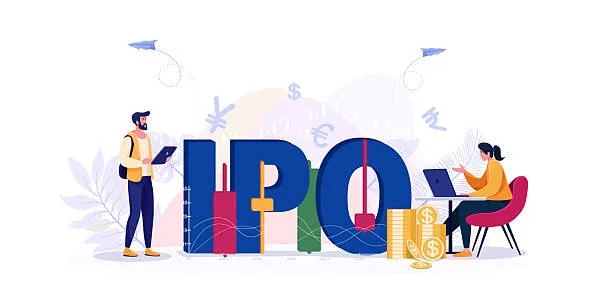How Modern Technology Is Changing the Music Industry for Independent Artists
The music industry looks completely different today than it did even ten years ago. Independent artists no longer need massive record labels or expensive studio time to create professional-quality music. With just a laptop and some creativity, musicians can produce, distribute, and promote their work from their bedroom. This shift has opened doors for countless talented people who might have never gotten their chance in the old system.
But this new landscape comes with its own set of obstacles. While technology has made music creation more accessible, it has also made the industry more competitive. Thousands of new songs get uploaded to streaming platforms every single day. Standing out in this crowded space requires more than just talent. You need to understand the business side of music, build a strong brand, and connect with your audience in meaningful ways. Many artists find themselves spending as much time on marketing and business as they do on their actual craft.
The Tools That Changed Everything
One of the biggest game-changers has been the availability of professional-grade music production software. You don’t need a million-dollar studio anymore. Digital audio workstations have become so powerful that Grammy-winning albums get recorded in home setups. This democratization of music production means that your sound quality can compete with major label releases if you take the time to learn the tools properly.
Another breakthrough technology that independent artists love is the ability to isolate different elements of a track. If you want to create remixes, practice singing along with your favorite songs, or study how professional vocals sit in a mix, you can now use a Vocal Remover to separate vocals from instrumentals. This technology has become incredibly useful for musicians who want to create karaoke versions of songs, learn from their favorite artists, or repurpose existing recordings in creative ways.
The streaming revolution has also completely transformed how artists reach listeners. You can upload your music to platforms like Spotify, Apple Music, and YouTube without going through a traditional record label. Sure, the payment per stream is tiny, but the exposure potential is massive. A single viral moment can turn an unknown artist into a household name overnight. The challenge is figuring out how to make that happen.
Building Your Sound and Brand
Creating great music is obviously the foundation of any successful music career. But in today’s market, your brand identity matters almost as much as your sound. Listeners connect with artists who have a clear vision and personality. They want to know who you are, what you stand for, and what makes you different from the thousand other artists in your genre.
When you’re trying to Make Best Music, you need to think about more than just which notes sound good together. You need to consider your target audience. What kind of emotions do you want your music to evoke? What stories do you want to tell? The most successful independent artists have figured out their unique voice and they stay consistent with it across all their releases.
Many musicians struggle with writer’s block or finding inspiration for their lyrics. Technology has stepped in to help with this too. An AI Lyrics Generator can provide starting points when you’re stuck staring at a blank page. While you shouldn’t rely on these tools to write your entire song, they can spark ideas or help you explore different perspectives on a theme. The key is using them as a creative assistant rather than a replacement for your own artistic vision.
Social media has become absolutely essential for building your audience. Platforms like TikTok, Instagram, and YouTube let you share not just your finished songs but also behind-the-scenes content, personal stories, and glimpses into your creative process. Fans want to feel connected to the artists they support. The more authentic and consistent you are online, the more likely people are to become true supporters of your music.
The Business Side Nobody Talks About
Here’s something they don’t teach you in music school: being a successful independent artist means you’re running a small business. You need to understand contracts, copyright law, royalty splits, and tax implications. You’re not just a musician anymore. You’re a CEO, marketing director, and accountant all rolled into one.
This is where many talented artists struggle. The creative side comes naturally to them, but solving the challenges of growing a business requires a completely different skill set. You need to set goals, track your income and expenses, invest in the right areas, and make strategic decisions about where to focus your energy. Should you spend money on Facebook ads or invest in better recording equipment? Should you tour extensively or focus on building your online presence first?
Getting your music heard requires a solid marketing strategy. This means understanding your target demographic, knowing which platforms they use, and creating content that resonates with them. Email lists, while they might seem old-fashioned, still remain one of the most effective ways to maintain direct contact with your fans. Unlike social media followers, your email list is something you actually own and control.
Collaboration has become easier and more important than ever. You can work with producers, songwriters, and other artists from anywhere in the world. These partnerships can help you reach new audiences and improve your craft. But they also require clear communication and proper agreements about how credits and royalties will be split.
Making Your Music Stand Out
With so much competition, production quality matters more than ever. Listeners have become accustomed to professionally produced music, and anything that sounds amateurish will get skipped quickly. This doesn’t mean you need to spend thousands of dollars, but you do need to invest time in learning proper recording, mixing, and mastering techniques.
The Vocal Remover technology has opened up new creative possibilities for independent artists. You can study how professional tracks are structured, create unique remixes, or even practice your own vocal performances against high-quality instrumentals. These tools give you insights that would have required expensive studio time in the past.
When you’re working to Make Best Music possible, remember that consistency beats perfection. It’s better to release good music regularly than to obsess over making one perfect track. Your early releases might not be amazing, but each one teaches you something valuable. Your tenth song will be better than your first, and your hundredth will be better than your tenth.
Looking Toward the Future
The music industry will keep changing rapidly. New platforms, technologies, and trends emerge constantly. The artists who succeed will be the ones who stay adaptable and willing to learn. Using tools like an AI Lyrics Generator for inspiration, understanding how to separate tracks with a Vocal Remover, and constantly improving your business skills all contribute to long-term success.
The path of an independent artist isn’t easy, but it’s more accessible than ever before. You have the tools, the platforms, and the opportunity. Success comes down to your willingness to put in the work, learn from your mistakes, and keep pushing forward even when things get tough. Focus on solving the challenges of growing a business while staying true to your artistic vision, and you’ll give yourself the best possible chance of building a sustainable music career.




